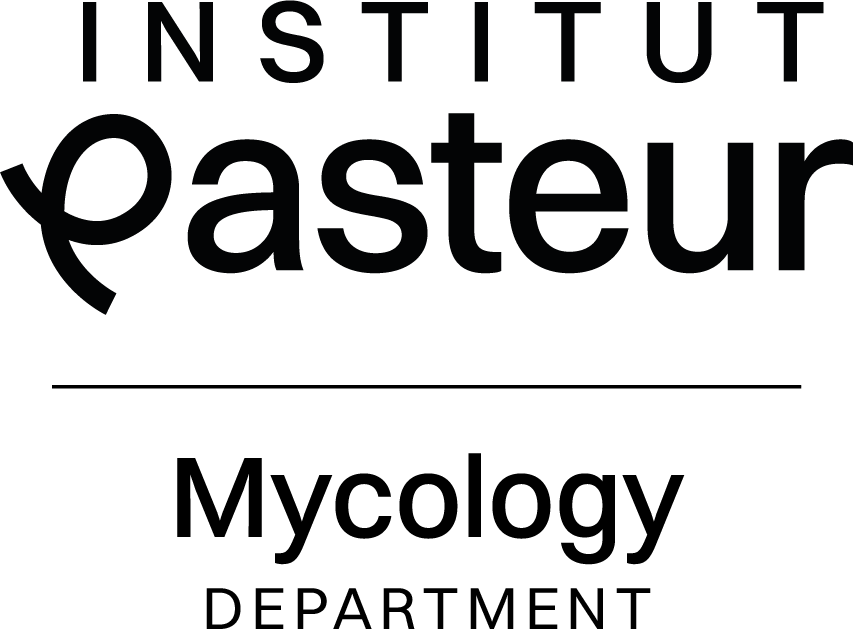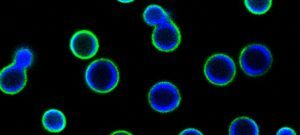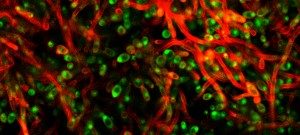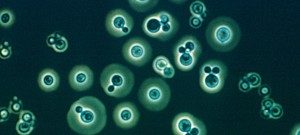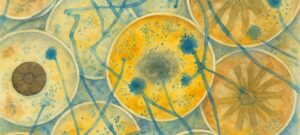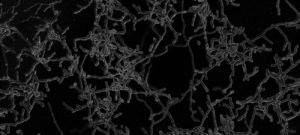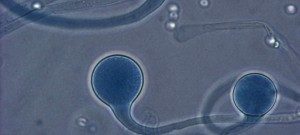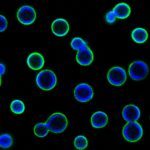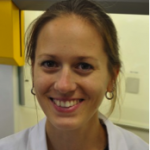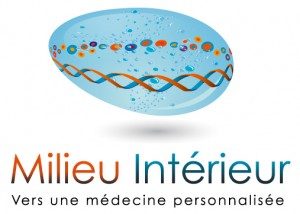The Mycology Department at Institut Pasteur studies yeasts and filamentous fungi responsible for fungal infections in humans. Multidisciplinary approaches are used to explore the biology of fungal pathogens and fungal pathogenesis, with the aim to provide novel diagnostic, preventive, and therapeutic strategies for fungal infections.
The Mycology Department was launched in November 2014 in response to the increasing incidence of fungal infections worldwide. These infections are jeopardizing the health care of immunocompromised individuals but are also becoming more prevalent in immunocompetent populations. Fungal infections have emerged over the past three decades as a considerable threat to human health. It has been estimated that deaths associated with fungal infections, approximately 1.5 million per year worldwide, exceed those due to malaria or tuberculosis, for example. This is due in part, to the delayed diagnosis of invasive fungal infections (IFIs), as well as to the limited efficacy of the antifungal arsenal that is currently available to treat these infections. Units in the Department use both clinically relevant pathogens and model organisms to elucidate key aspects of the cellular biology of fungal pathogens. The objective of this department is to foster fundamental and translational research in Medical Mycology at the Institut Pasteur, with strong national and international visibility. Invasive fungal infections are mainly caused by species of the genera Cryptococcus, Candida and Aspergillus. The most prevalent species involved in IFIs, namely Cryptococcus neoformans, Candida albicans, Candida glabrata; Candida auris and Aspergillus fumigatus, are under investigation in the Mycology Department. We also study other fungal pathogens such as Dermatophytes and Mucorales that have a worldwide distribution. Research groups in the Mycology Department are interested in many aspects of the biology of fungi:
- the epidemiology of fungal infections,
- the genomic diversity of fungal pathogens,
- the mechanisms responsible for antifungal resistance acquisition,
- the characterization of virulence factors and the regulation of their expression,
- the biogenesis of the fungal cell wall, its involvement in virulence and how it can be targeted by antifungals,
- the formation of single and mixed-species biofilms,
- the biology of extracellular vesicles,
- the physiopathology and immunology of fungal infections
- the mechanisms governing DNA homology recognition and chromatin-based epigenetic regulation in fungi.
The Mycology Department also hosts the French National Reference Centre for Invasive Mycoses and Antifungals (NRCMA) that provides expertise on the characterization of fungal isolates and is in charge of the nationwide surveillance of invasive fungal infections through a broad network of mycologists and clinicians in France.



